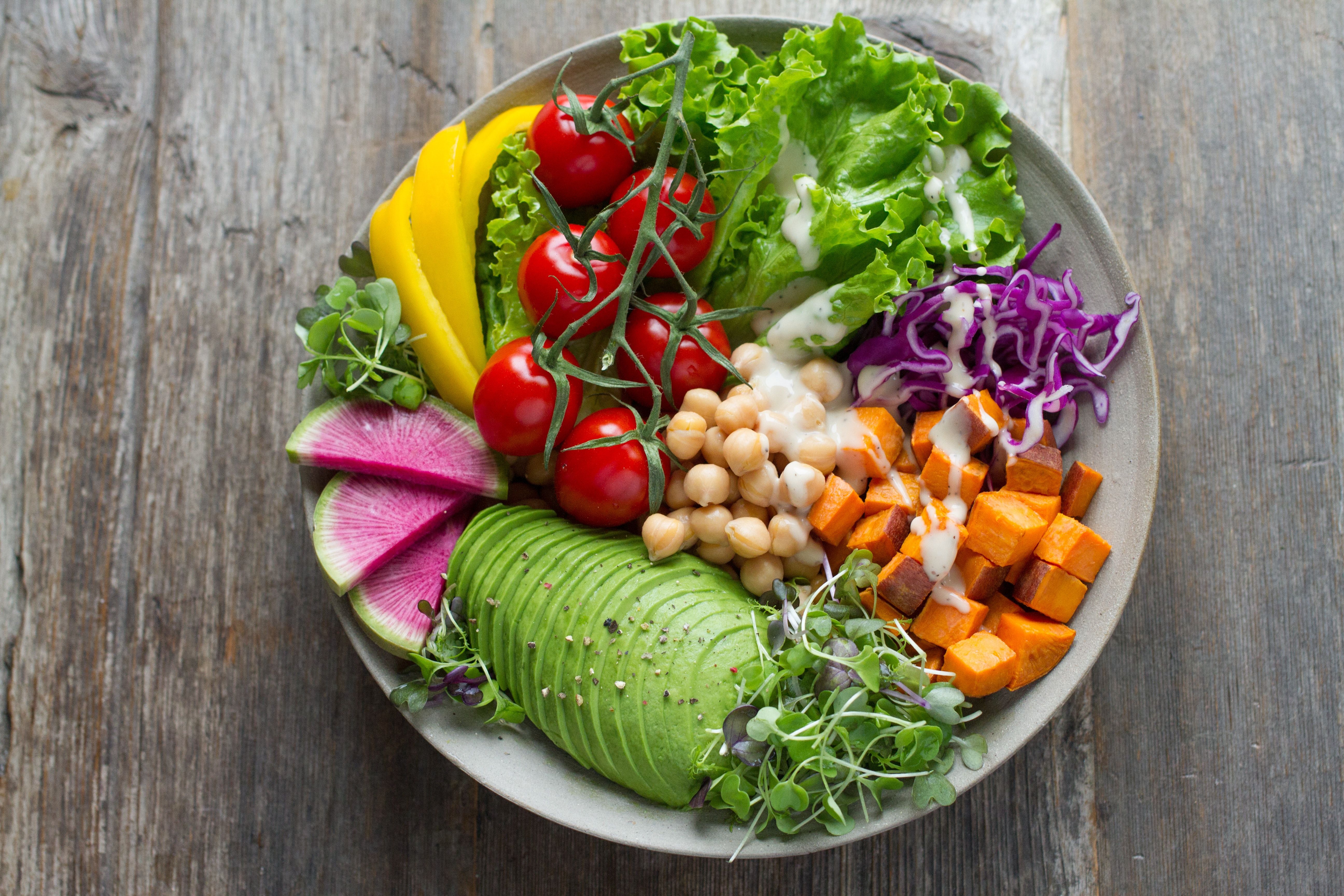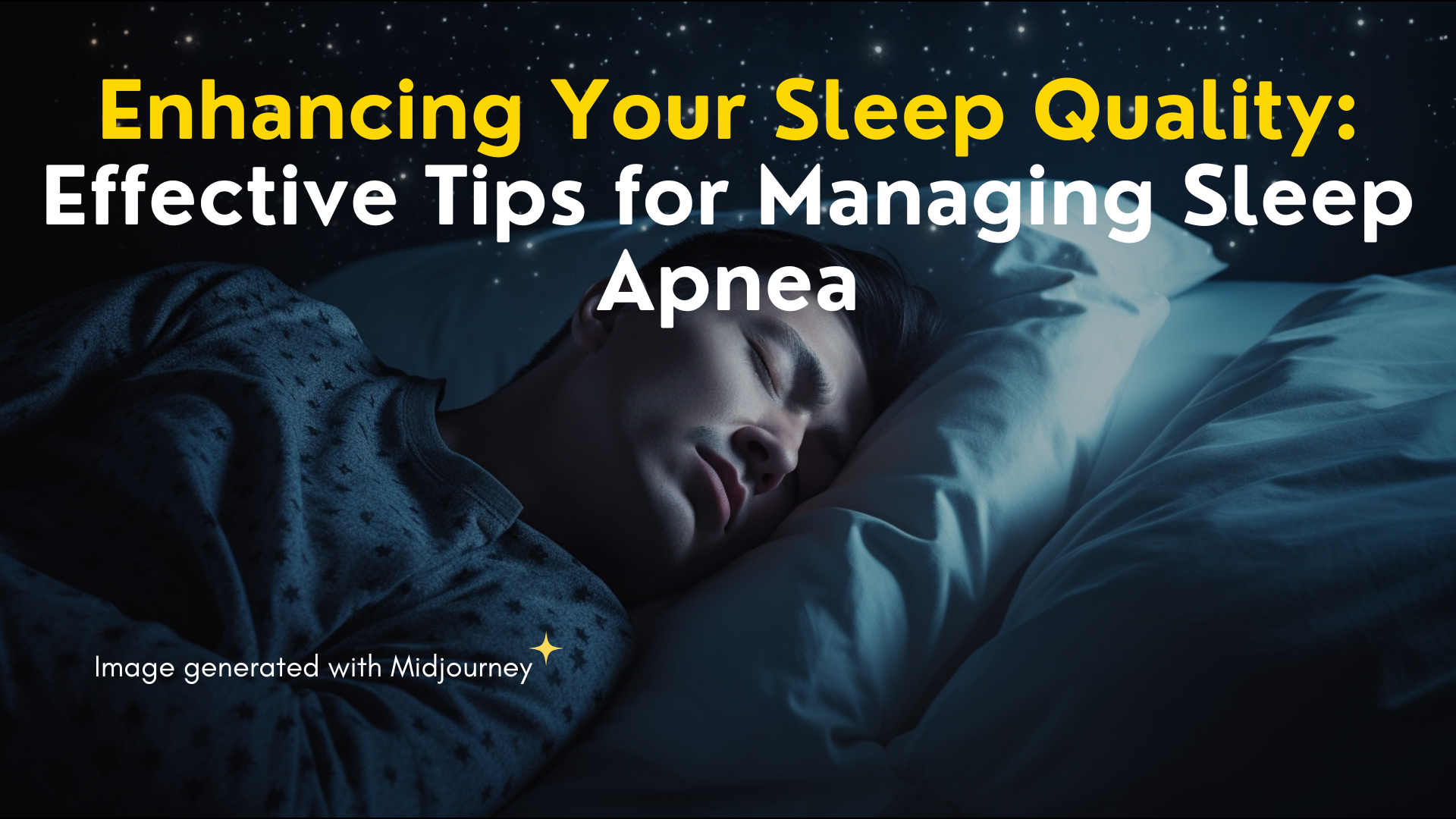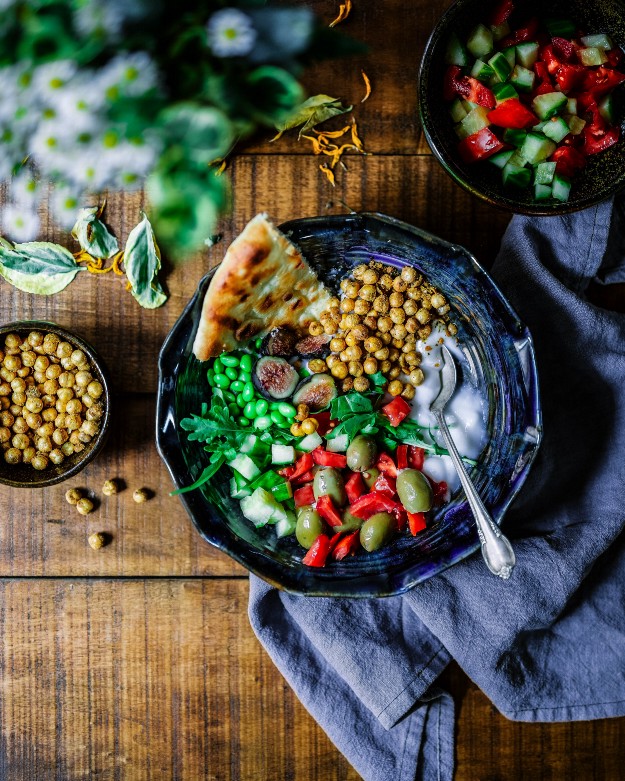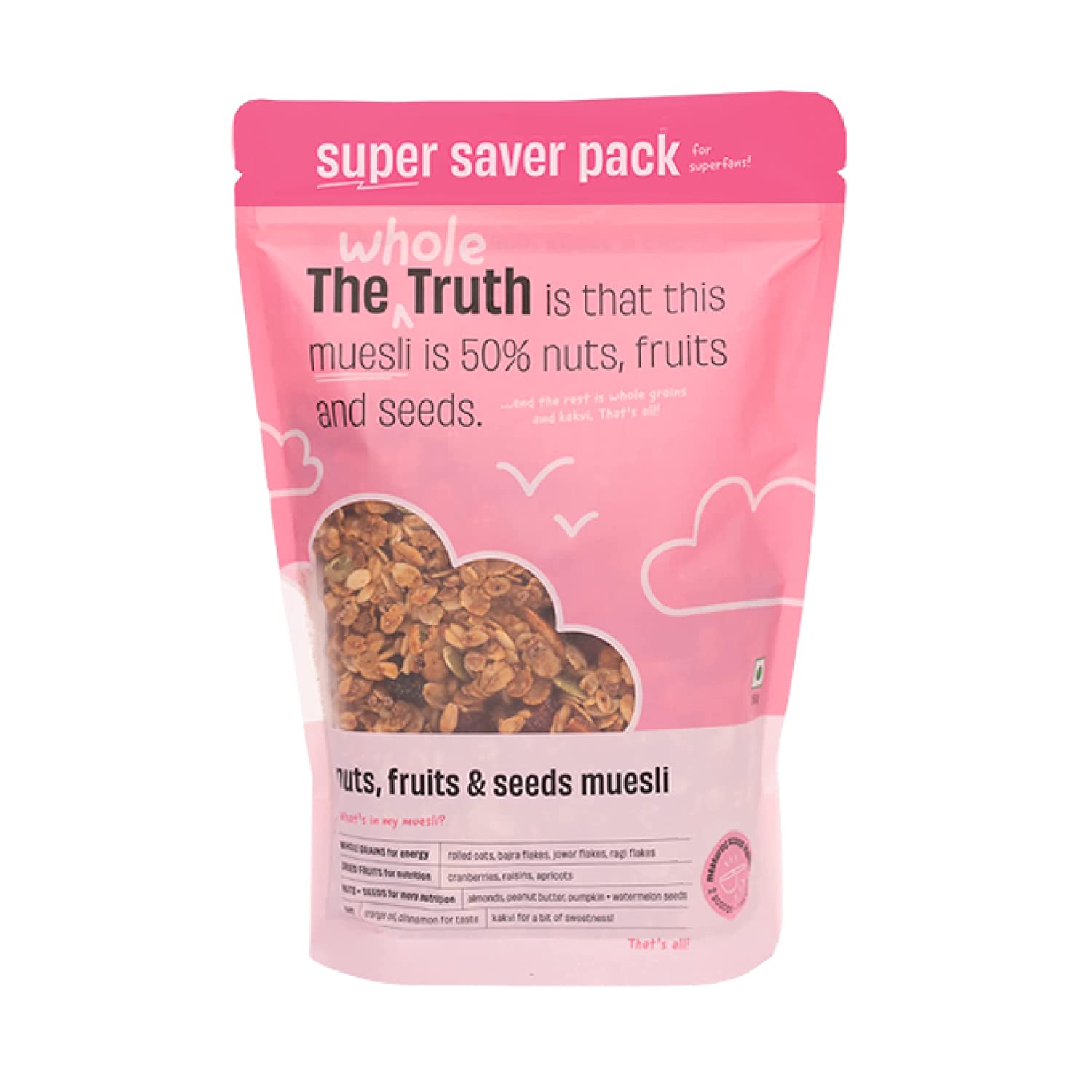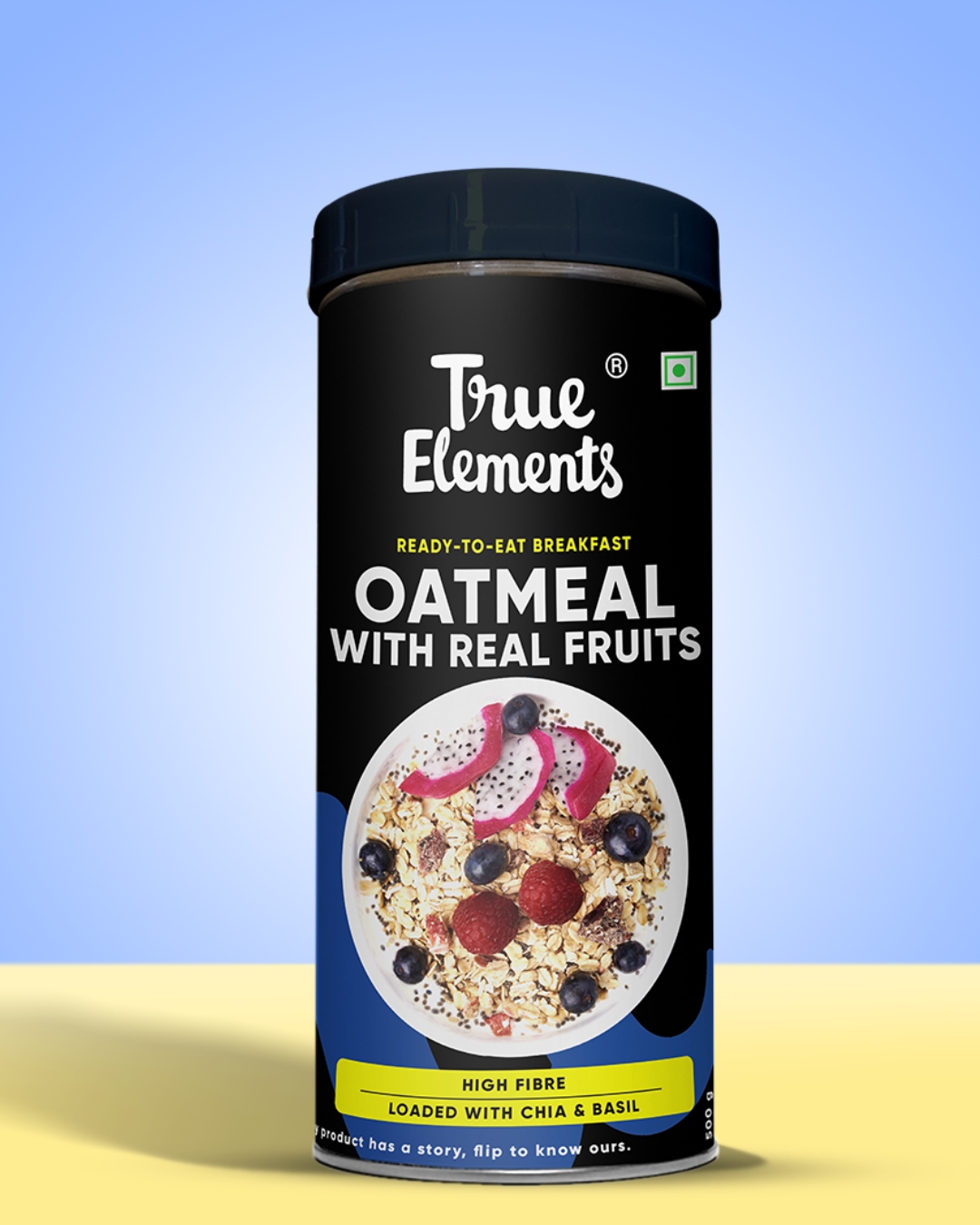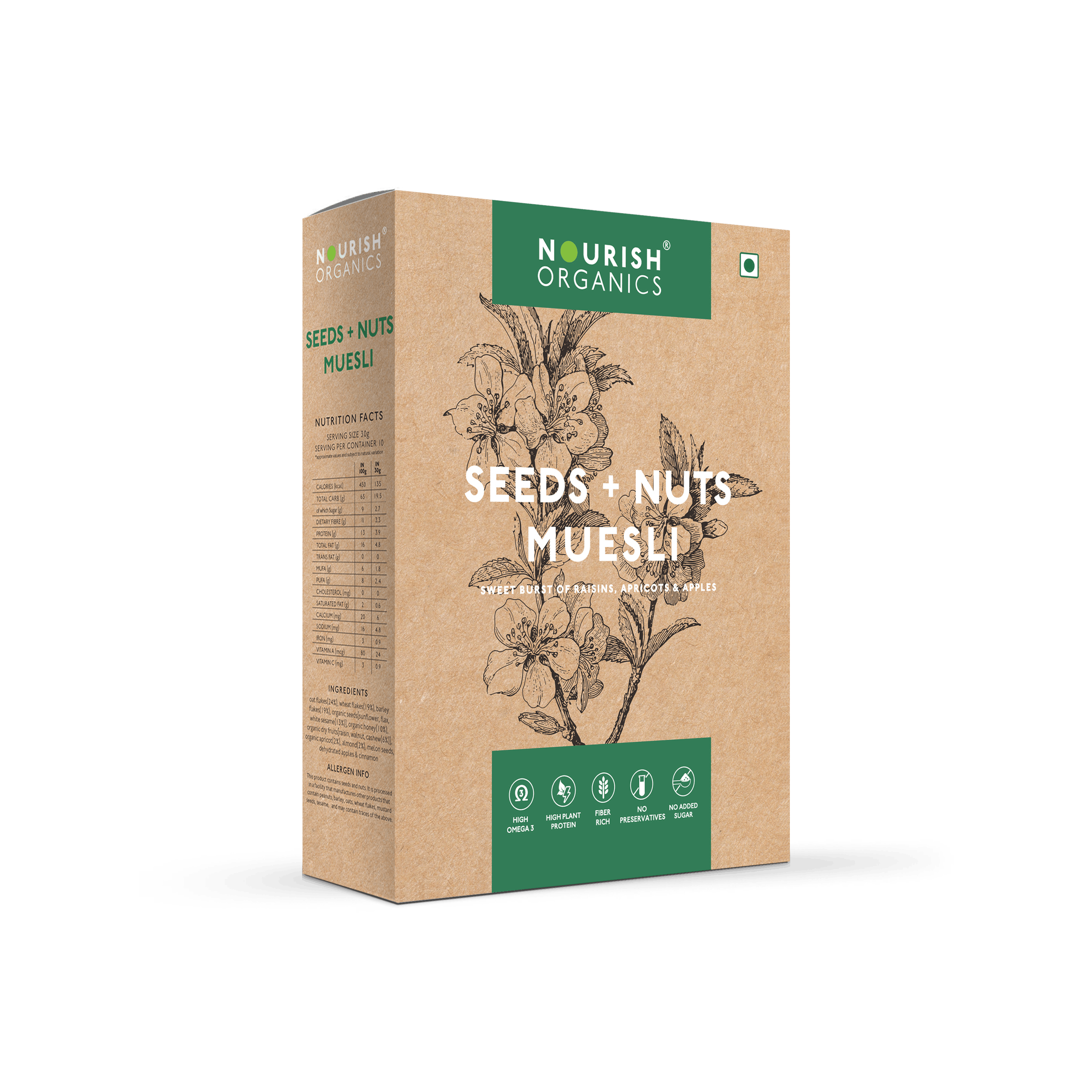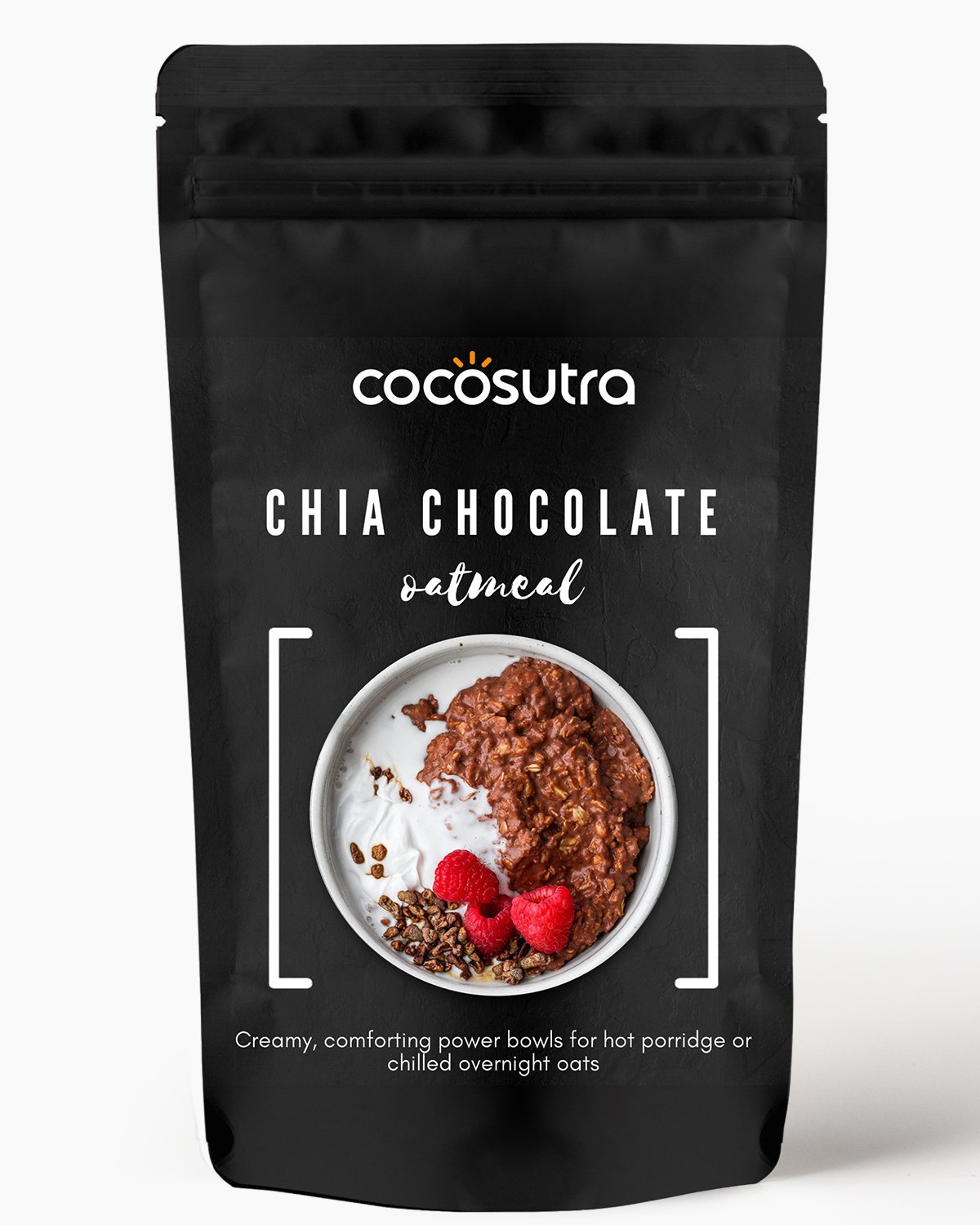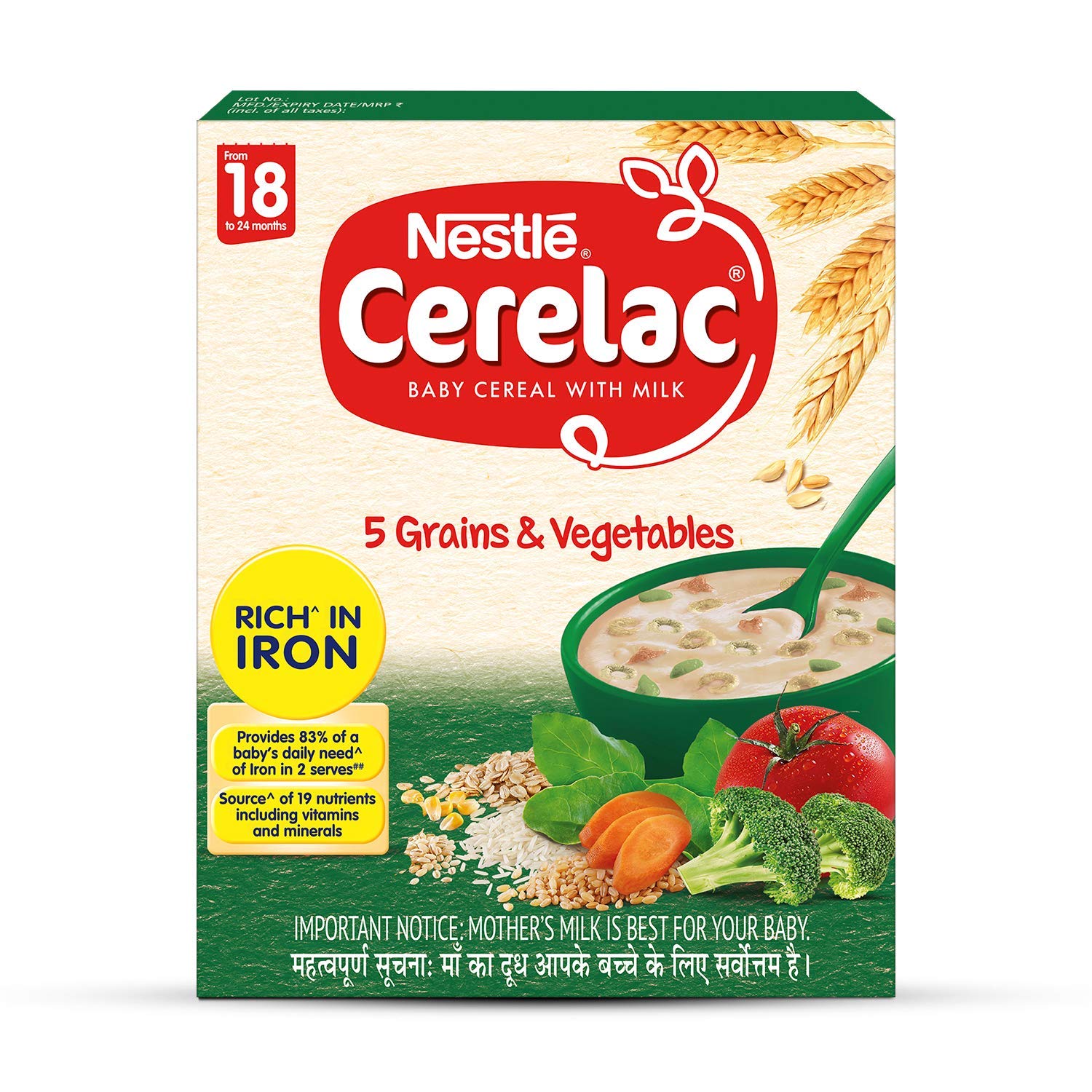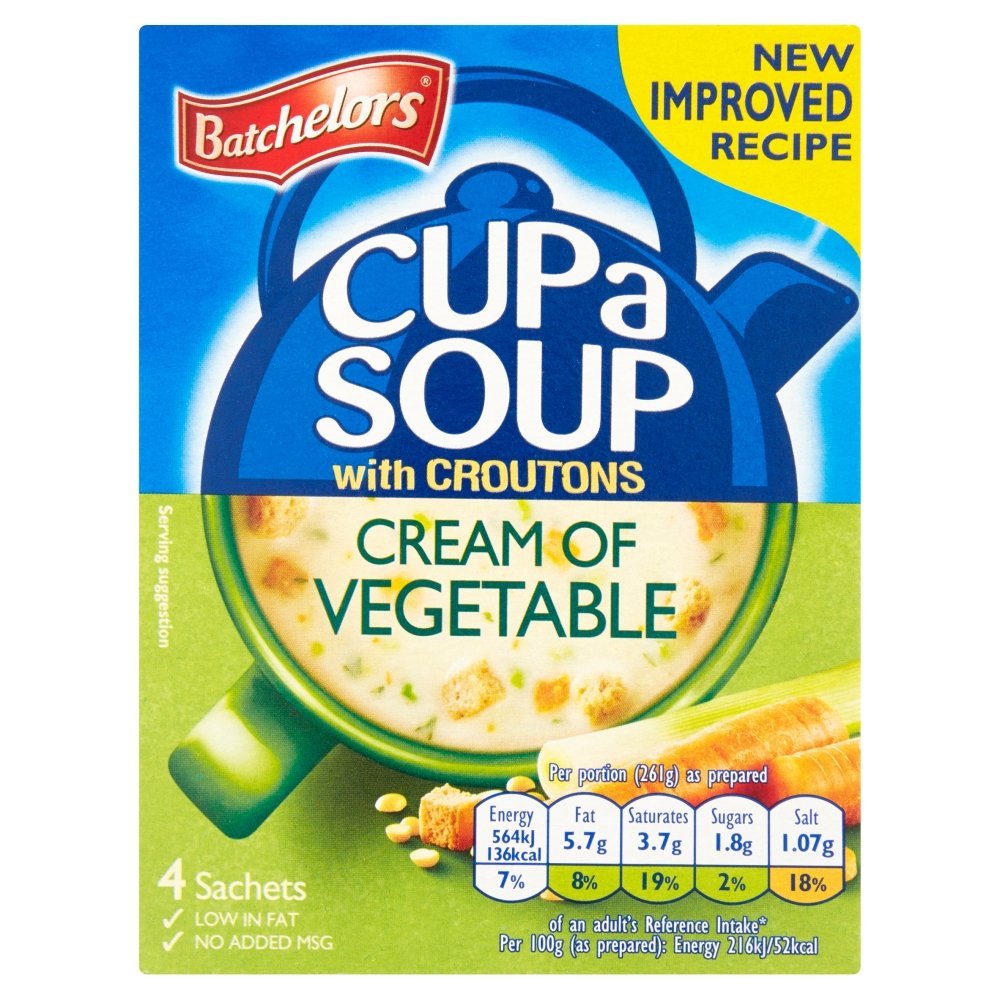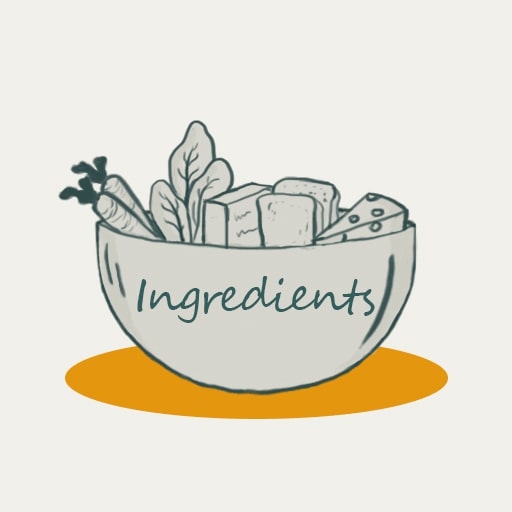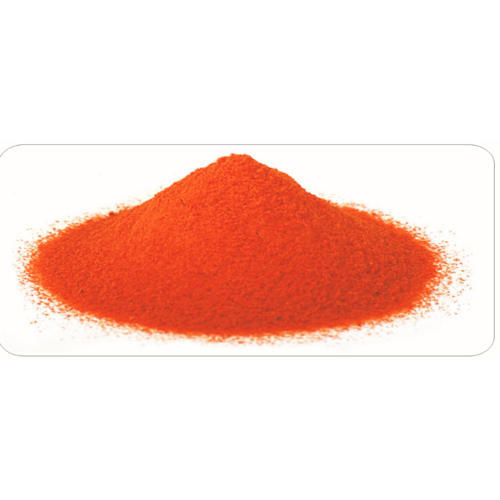Published Date January 24, 2003
Sleep Apnea and Nutrition
By Naurin Ansari
4 min read
Last update date: January 24, 2003
All about plant-based diet, melatonin, omega-3 fatty acids and sleep apnea.

Snoring can be considered a huge issue, but it’s not always perceived as a problem. However, if you snore loudly, on the regular, it might be a sign of breathing pauses while you’re sleeping. Sleep apnea is a serious sleep disorder that occurs when your breathing stops and starts repeatedly while you are asleep. If untreated, it can also cause loud snoring, daytime tiredness, or more serious problems like heart trouble or high blood pressure.
Sleep apnea tends to worsen as your body weight and age increase. When fat gets accumulated around the neck, it creates an obstacle to normal breathing. Hence, one needs to consider making certain lifestyle changes to prevent or manage sleep apnea. [1]
You can simply treat or reduce the impact of sleep apnea by making a few changes to your diet and lifestyle.
Symptoms of Sleep Apnea?
Typically, those suffering from sleep apnea may not recognize its symptoms, but their bed partners may observe the following signs and symptoms -
- Trouble concentrating
- Snoring
- Headaches
- Depression or anxiety
- Fatigue or sleepiness during the day
- Restlessness while sleeping or regular nighttime awakenings
- Waking up with a sore throat or dry mouth
- Waking up suddenly after gasping or choking
- Need to go pee at night constantly
- Night sweats
Children might have different symptoms. Some warning signs may include:
- Trouble swallowing
- Sluggishness or sleepiness
- Daytime mouth breathing
- Bedwetting
- Rib cage moving inward when inhaling
- Sweating a lot at night
- Having unusual sleeping positions, like sleeping on the hands and knees
- Learning and behavioural disorders [2]
Sleep Apnea and Nutrition
You start craving more food when you’re tired and still won’t feel satisfied. The fact is that every second person with sleep apnea can be overweight. Thus, diet and sleep apnea usually tend to go side by side. Vegetables, fruits, nuts, legumes, and cereal can give you long-term saturation and won’t take much energy to process. Thus, a plant-based diet can be a great idea while dealing with sleep apnea.
Many vegetables and fruits contain melatonin, which is considered to be a natural sleep enhancer. Corn, broccoli, cherries, asparagus, and cucumbers have this sleep hormone. Tart cherry juice is also considered one of the best natural sources of melatonin. However, make sure to brush your teeth after drinking juice, especially before going to bed. You can opt for poultry and fish over pork and beef, in case you can’t imagine life without meat, as they’re easier to digest.
Omega-3 fatty acids are also considered to help your body produce melatonin. Seafood items are considered to be the best sources of omega-3 fatty acids, so you can try out some salmon, tuna, and shrimp. [3]
Takeaway
Melatonin has been considered a natural sleep enhancer so if you are someone dealing with sleep apnea, you can consider including corn, broccoli, asparagus, tart cherry juice, and cucumbers in your diet.
Keep reading
Related Items
Choose Healthy With Us.
Know the real truth about your food. Stay informed and healthy, for free.

Download the App Now
Certified nutritionists trust our food recommendations. Safe to say, so can you :)




